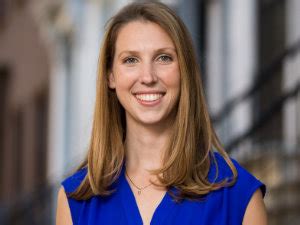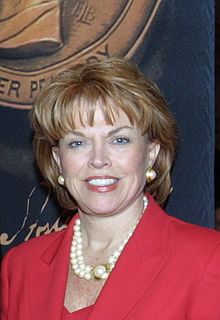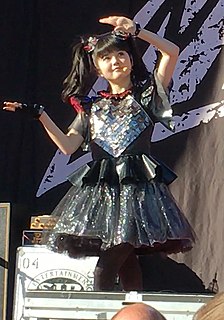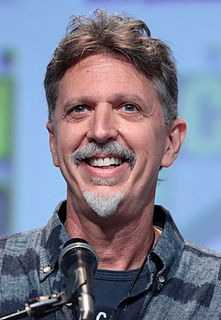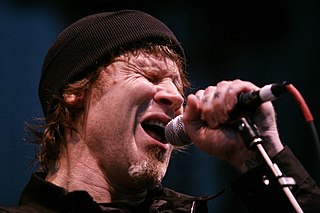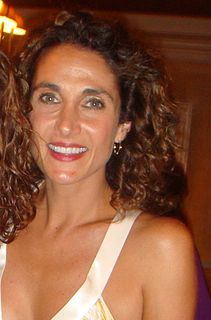A Quote by Casey Neistat
One of my first questions when I interview prospective employees is, 'Do you know how big a sheet of plywood is?' Most people don't, and say they are different sizes, but it's 4' x 8'. Anyway, working with your hands is a very American thing that we kinda lost here, but it's an important skill to have.
Related Quotes
I think when I was doing my very first interviews, I probably brought a notepad and did ask people my first fifteen questions while sitting in a Starbucks or something horrible like that. And I found that, oftentimes, the most important thing at the very first interview is just establishing a personal connection and developing some sort of rapport so that I can go back to them again, and then maybe again, and maybe again after that.
'What is your desired salary?' The unwritten rule when it comes to salary is this: whoever proposes a number first loses. When you interview, you should never feel pressured to answer this question. Simply let your interviewer know that the most important thing to you is how well you fit the position.
In my opinion, the most important thing as a woman leader-and I learned this early through a whole bunch of great women who were in my life (and men, I have to say)-is that if you have a position of leadership and power and you don't use it in a different way, then you're wasting it. So when people used to say to me when I was the first woman president of PBS, "Well, you know, does that mean that as a woman you're going to be a different kind of president?" And I would say, "Well, I hope so!"
The most important thing you can learn as CEO- one of the hardest things to do is, you have to discipline yourself to see your company... through the eyes of the people that you're working through. Through the eyes of the employees, through the eyes of your partners... through the eyes of the people who you're not talking to and who are not in the room.
Publishing is the only industry I can think of where most of the employees spend most of their time stating with great self-assurance that they don't know how to do their jobs. "I don't know how to sell this," they explain, frowning, as though it's your fault. "I don't know how to package this. I don't know what the market is for this book. I don't know how we're going to draw attention to this." In most occupations, people try to hide their incompetence; only in publishing is it flaunted as though it were the chief qualification for the job.
All I wanted was to say honestly to people: 'Have a look at yourselves and see how bad and dreary your lives are!' The important thing is that people should realize that, for when they do, they will most certainly create another and better life for themselves. I will not live to see it, but I know that it will be quite different, quite unlike our present life. And so long as this different life does not exist, I shall go on saying to people again and again: 'Please, understand that your life is bad and dreary!'
In the shows I've done serialized storytelling with, there are big open questions, but you like every episode to be identifiable as what it is. It's also very important that each season is identifiable. There's usually some big thing that you're trying to wrap up. There are big bows that you're trying to tie, by the end of the season, that you would do anyway because it's just good storytelling to tie those things up.
Working with different people and do things that normally I would not do makes the music interesting for me to continue. It keeps me alive. When I'm doing something alone, that is mine, I know how it is. But when I'm working with someone else, I also see the view from the other, and usually learn something new, try something different. This is very important to my happiness.

